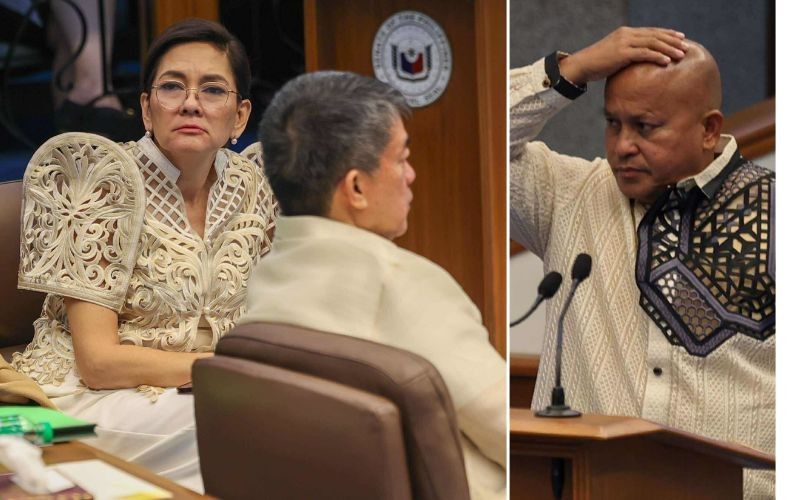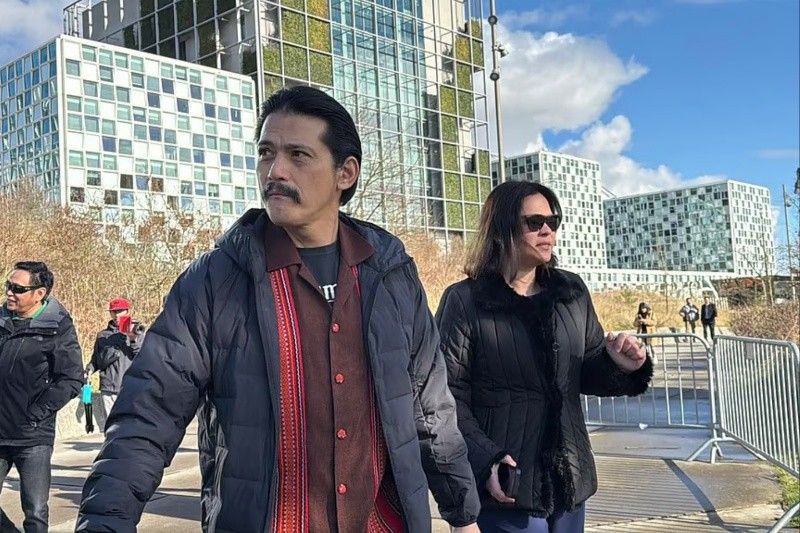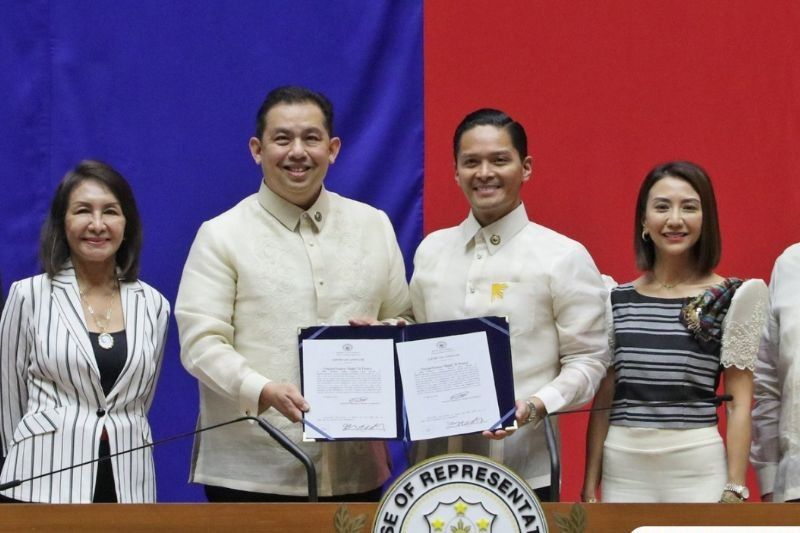
Upgrade to High-Speed Internet for only ₱1499/month!
Enjoy up to 100 Mbps fiber broadband, perfect for browsing, streaming, and gaming.
Visit Suniway.ph to learn
Alexis Romero - The Philippine Star
March 7, 2025 | 12:00am
Philippine President Ferdinand Marcos delivers the annual State of the Nation Address at the House of Representatives in Manila on July 22, 2024.
AFP / Jam Sta Rosa
MANILA, Philippines — President Marcos won’t hesitate to ban Philippine inland gaming operators (PIGOs) if proven to be yielding negative effects similar to those linked to their offshore counterparts, Malacañang said yesterday.
Months after Marcos ordered a crackdown on Philippine offshore gaming operators (POGOs) because of their ties to illegal activities, Senate President Francis Escudero called for a cost-benefit analysis of PIGO licenses issued by the Philippine Amusement and Gaming Corp. to determine if they are worth continuing.
In a recent statement, Escudero pointed out that PIGOs offer the same online games to clients who are predominantly Filipinos. Since the same issues raised against the POGOs could be leveled against PIGOs, there should be an equal if not greater concern about their effects, the senator added.
Presidential Communications Undersecretary Claire Castro said the government is already studying the operations of PIGOs but noted that there are differences between inland and offshore gaming. According to her, PIGOs have yet to be tied to crimes and are hiring mostly Filipinos, unlike their offshore counterparts that employed foreign nationals.
“As of now, studies show, they (PIGOs) have not caused crimes,” the Palace press officer said at a press briefing.
“Perhaps if there are statistics or data, it would be better if they are submitted to us so we can consider them in determining if PIGOs should be banned,” she said.
She added that the money spent by inland gaming operators on advertising and marketing remain in the Philippines, unlike those of POGOs.
Castro also explained that when POGOs were issued licenses, there were times when sublicensees who do not pay taxes emerge.
“In the case of PIGOs, they pay huge taxes,” she said.
However, the Marcos administration is not dismissing the possibility of banning PIGOs if they entail social costs like POGOs.
“If there is a repeat of what happened to POGOs, the President won’t hesitate to order a total ban on PIGOs, but of course, we need data on this,” Castro said.
Marcos announced the ban on POGOs during his third State of the Nation Address last July. While all POGO licenses were canceled last December, the government is bracing for possible “guerrilla operations” by the banned gambling entities that have reportedly morphed into scam centers.
The unlawful activities that have been linked to POGOs include financial scamming, money laundering, prostitution, human trafficking and kidnapping.

 3 months ago
27
3 months ago
27



